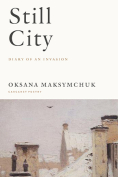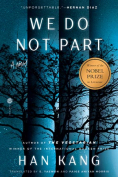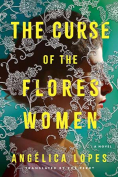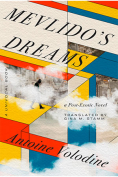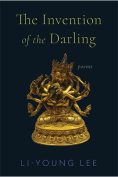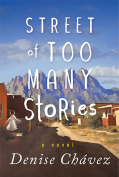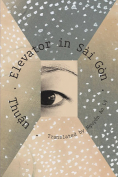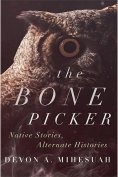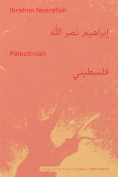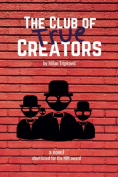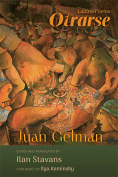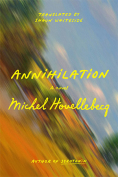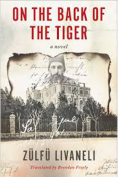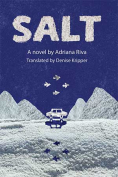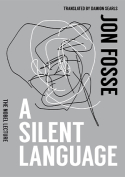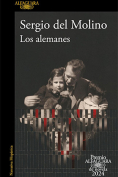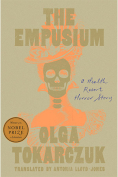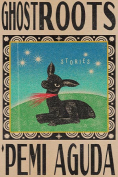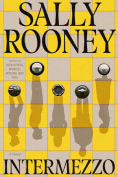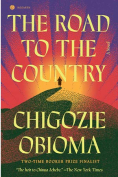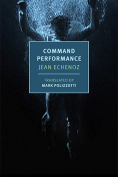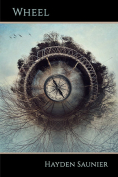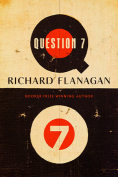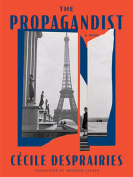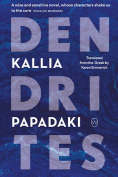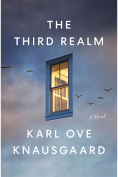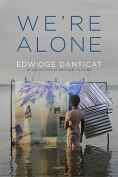Question 7 by Richard Flanagan
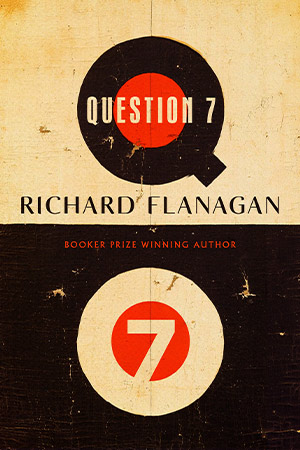 New York. Knopf. 2024. 288 pages.
New York. Knopf. 2024. 288 pages.
Richard Flanagan begins his latest book by visiting a coal mine where Japanese soldiers interned his father during World War II. There, he finds, “nothing remained,” “no photograph of slave laborers,” “no memorial, no sign, no evidence.” The ensuing pages attempt to replace that nothing with something, with testimonies of suffering, with how, “in the scrag ends of an island at the end of the world, in its unhonoured and unknown wonder, broken men rediscovered how to live.”
Question 7 expands outward from this starting point, like the cloud of smoke blooming from the impact of a bomb. Flanagan explores the resonances between personal memory and history, posing questions about who gets remembered and who survives death, through stories of his mother and father, his grandmother and great-great-grandfather, but also H. G. Wells’s romances, the Manhattan Project, and the British genocide of aboriginal peoples in Tasmania. Flanagan brings together the various narratives in a way that can only be described as miraculous, making Question 7 his most experimental book, his most lyrical, his most moving, and—to use a reviewer’s cliché, earnestly this time—his most vital.
“So much of my own life—perhaps the most important parts—are simply blank to me,” Flanagan writes. “What remains? Small, beautiful fragments.” Question 7 achieves its life-force, its vitality, from those little details that constitute the past. In one passage, as he recounts his near-drowning at the age of twenty-one, Flanagan pauses to imagine his rescuer’s “knots, how beautiful they must have been, beautiful rock climber knots, brocaded and elegant and so definite.” In another scene, Flanagan’s elderly mother sobs and apologizes that she used to beat him. Flanagan slows time and microscopes in on the image, describing how “tears in the old do not roll, they catch and stall in the lines and furrows of the face, spot-glossing the price paid for time.”
The small details come together as Flanagan telegraphs the butterfly effect that led to the dropping of the bomb on Hiroshima, his father’s subsequent survival and freedom, and, ultimately, Flanagan’s own life. He narrates, with the pacing of a thriller, Leo Szilard’s “mystical revelation” about traffic lights, an epiphany that convinced him of the possibility of a nuclear chain reaction (“fiction was transforming into physics and physics into the future”). When he narrates the bombing of Hiroshima, Flanagan describes the “intricate sequence of successive tripwires, electrical plugs, timers, barometric fuses and altimeters” that detonated “four silk powder bags each containing two pounds of cordite.”
Flanagan takes time introducing the various events before chaining them together in a marathon sentence, the most important in the book, where he demonstrates that “without Rebecca West’s kiss H. G. Wells would not have run off to Switzerland to write a book in which everything burns, and without H. G. Wells’s book Leo Szilard would never have conceived of a nuclear chain reaction and without conceiving of a nuclear chain reaction he would never have grown terrified and without growing terrified Leo Szilard would never have persuaded Einstein to lobby Roosevelt.” He concludes: “Poetry may make nothing happen, but a novel destroyed Hiroshima and without Hiroshima there is no me and these words erase themselves and me with them.”
Many writers have collaged fragments to connect varied stories and themes, but most fail by producing books that read as too precious or contrived. Flanagan’s searching on the page appears genuine, as he dwells in paradox, uncertainty, not-knowing. Question 7’s title comes from “Questions Posed by a Mad Mathematician,” a story in which Chekhov poses unanswerable math problems: Wednesday, June 17, 1881, a train had to leave station A at 3 a.m. in order to reach station B at 11 p.m.; just as the train was about to depart, however, an order came that the train had to reach station B by 7 p.m. Who loves longer, a man or a woman? In an explanation that can be applied to his book, Flanagan writes that Chekhov believed “the role of literature was not to provide answers but only to ask the necessary questions . . . question 7 is about how the world from which we presume to derive meaning and purpose is not the true world. It is a surface world, a superficial world, a frozen world of appearances, beneath which an entirely different world surges as if a wild river that at any moment might drown us.”
The questions of life, Flanagan demonstrates, have no answers. So, he asks, “is it because we see our world only darkly that we surround ourselves with lies we call time, history, reality, memory, detail, facts?” Beyond saying sorry, Flanagan wonders, “what other answer can any of us make to the terrible question of history?” Comparing Hiroshima with “the firebombing of Tokyo, which saw perhaps even more die,” he asks, “Which is the greater war crime? Who do we remember and who do we forget?” A few sentences later, he asks, “If Thomas Ferebee releases a lever at 8:15 a.m., says, ‘Bomb away!,’ and a bomb falls six miles before exploding, how many people need to die in order that you might read this book?”
Flanagan’s questioning also aims to criticize some ways of storytelling and life—in fiction (“a twenty-first-century American writing school instructed to only show and never tell”), literary scenes (“a world of sacrosanct orthodoxy”), the University of Oxford (“where mediocrity was a virtue called tradition”), and our era of metrics (“we have become prisoners of the idea that life is infinitely measurable”). Though he quickly turns from his attacks to continue his experiment with form in response to a world in crisis. Question 7 ponders the future after climate catastrophe; it counters a dominant idea of “literature” and writing history that failed to preserve the memories of Australians in prisoner-of-war camps or victims of genocide in Tasmania, where “history constantly failed, history constantly recurred not as answers or comfort, not as a story of progress, but as a massacre site, a napalmed logging clearfell, convict words that spoke of what couldn’t be spoken, mythical beings long dead that kept returning, haunting, asking of me something I have spent a life trying and failing to answer.”
Question 7 is one of those rare books that contains too much life—too much beauty and pain—to squeeze into the narrow columns of a review. Instead, I’ll turn back to summary. Throughout the book, Flanagan writes of rivers. Flanagan describes how his mother took him to a river at a young age and how “I didn’t know it was a river. I thought it was the world, that the world moved.” And “when the subject was sad or serious,” his father “would smile wanly, his face turning inside out, a concertina of wrinkles compressing his eyes into wry sunken currants, and from him would flow a riversong of stories.” He recounts his near-death in a river and tells the story as the ghost of the man who did not survive. “When I died on the Franklin River at the age of twenty-one,” he writes, “it was as I had always known it would be. Everything ever since has been an astonishing dream. Increasingly, I expect that in my final moments I will wake in the river dark, discovering I never left and am now to drown, and that the only novel I ever wrote was my life. Perhaps this is a ghost story and the ghost me.”
A river runs through Question 7, and Flanagan suggests that in those violent, lyric waters of the past, where we find the source of death, we might also find the hidden source of life, gleaming in the half-light of the moon, at times trickling and at others jolting with a vigor that we cannot penetrate or halt but that takes us, wild and severe, through the pages of this book—and our lives—directly into the central mysteries of existence.
Marek Makowski
Chicago
